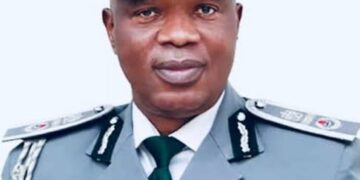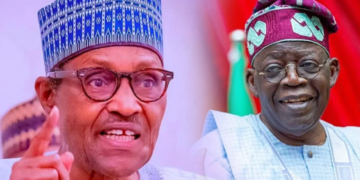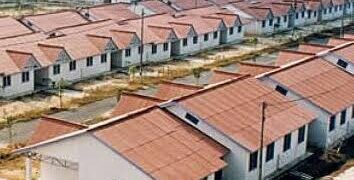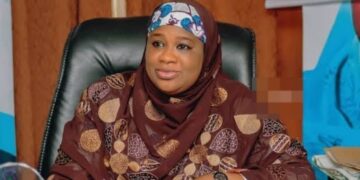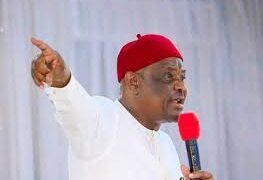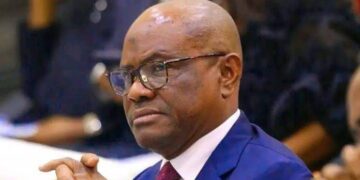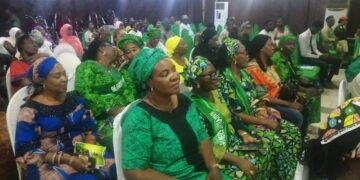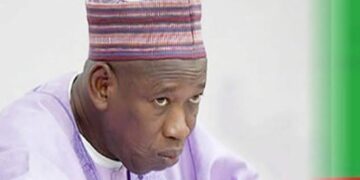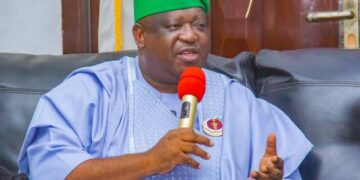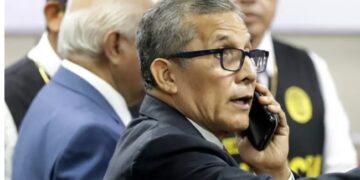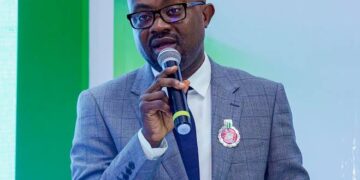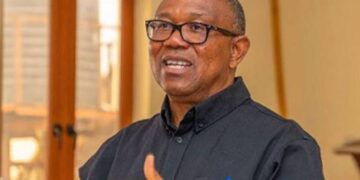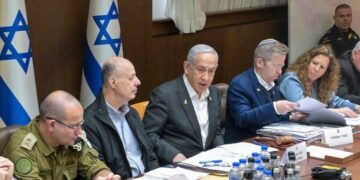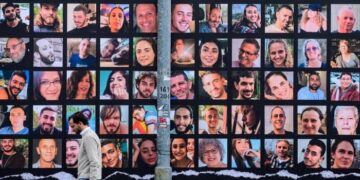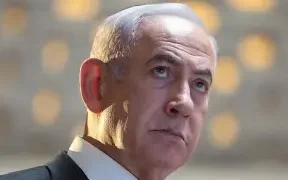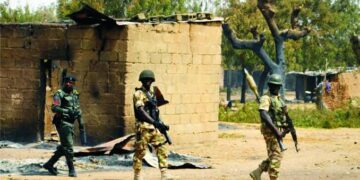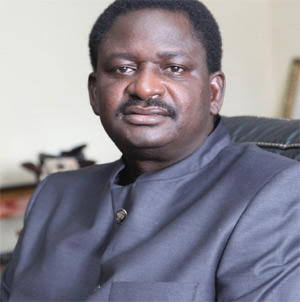This will stick in memory for life. It was March, 2020. The whole world was at the edge. A pandemic was on the prowl, and the auguries were not good. The Spanish flu of 1918 to 1920 killed between 25 and 50 million people worldwide. COVID 19 was going to mow down hundreds of millions, with Africa and Nigeria particularly vulnerable. Corpses would litter the streets of Africa’s most populous country.
Like leaders world over, President Muhammadu Buhari was rallying Nigerians for safety. There would be a lockdown of the country for weeks, as other nations of the world were doing.
There was a meeting of the Presidential Economic Advisory Council (PEAC), led by Prof Doyin Salami. It was more of a COVID 19 War Council. How would the pandemic affect the economy, oil prices in the international market, healthcare, agriculture, indeed all gamut of the lives of Nigerians? The projections were not good.
When the meeting ended after hours, President Buhari charged everyone to stay safe, take all the necessary precautions, and remain alive.
And to Zaynab Shamsuna Ahmed, his Minister of Finance, the President said directly:
“No matter what happens, make sure salaries do not fail. Workers may be home for months, but please pay them.
And also ensure that pensions don’t fail. Let our retirees have their dues. Life is difficult enough for these people when they are paid, than to consider when they are not paid at all.”
The Minister pledged that she would do her best. And true, the global lockdown lasted for about 7 months, yet salaries and pensions did not fail.
That was the vintage Muhammadu Buhari, always thinking of the poor and underprivileged. They come first in his pecking order.
At a time everyone was seeking refuge, and it was every man for himself and God for us all, the poor and the underprivileged still had a place in his heart.
The fears in the world were so palpable, and then there was this hilarious development. The President was to record a national broadcast, in which he would lock down the country. It was already general knowledge that cough was something to watch out for as symptom of COVID. As the broadcast was being recorded, he let out one big cough.
He looked at those of us in the room with him, and jocularly exclaimed: “Ah, is the thing here already?” We laughed.
A man in a privileged position, but who has a heart for ordinary people, is called Ore Mekunu (Friend of the Poor) in Yoruba language. There was a Governor in one of the Southwest states, who went by that cognomen. He loved ordinary people, and they loved and flocked round him in return. He drank agbo jedi (herbal medicine for pile) with them, stopped to eat at roadside restaurants, and generally demystified power.
On the day he was inaugurated for second term in office, he threw open the newly built N3.3 billion State House to the hoipolloi, the ordinary people. They were to make merry, and spend the night there. Which they did.
Buhari would not display such histrionics, but ordinary people always came first with him.
The conditions in which he inherited the country have been well documented. At least 27 of our 36 states could not pay salaries, he bailed the Governors out. Because of the people.
When at a Federal Executive Council meeting, a Minister remarked that the Federal Civil Service was bloated, with many idle hands all over the place. The suggestion was to cut the strength by half, and that the workforce would still be too large.
Not a bad proposal, as desperate times call for desperate measures. But what did President Buhari say?
“I understand what you are saying, Honorable Minister. We would save a lot by reducing the workforce. But if it lies within my power, I won’t want a single person to lose his or her job. Things are hard enough in the country, and to throw people into the unemployment market would be rather inconsiderate.”
That was the end of that proposal, for the eight years that the Buhari administration lasted. He even increased minimum wage from N18,000 to N30,000.
The Big Elephant in the room. Removal of fuel subsidy. Did you think the Government didn’t know that the money guzzling monster had to be slain? It knew. But who ensured that subsidies remained as long as it did? Buhari. And why? The people, the ordinary people. His argument was always simple:
“When oil sold for at least 100 dollars per barrel in the international market, rising even to as high as 140 dollars per barrel, what did the ordinary people gain? Nothing! So why should they be the ones to bear the brunt when oil prices fall?”
By the time the administration ended, all, including the three main presidential candidates, were resolved that oil subsidies had to be removed. It was not unlikely that President Buhari shared the same conviction. But something that would throw society into a tailspin? He didn’t want to do it—for the sake of the ordinary people.
Ordinary people gravitate towards Buhari, like bees to the honeycomb. That was why he always had a basket of millions of waiting votes, even before the first ballot was cast. He clobbered the ruling People’s Democratic Party in 2015, and won with even larger votes in 2019, despite all attempts to denigrate and demarket him. When you love the ordinary people, they love you in return, and stand with you through thick and thin.
Now almost two years into retirement, get to Buhari’s house today. And you see the people milling around, just wanting to get a glimpse of the man.
Shortly before the 2011 election, Buhari wept. He said he wouldn’t offer himself to be President again after that year. It was because of the ordinary people that he wept. What would happen to them? But happily, he had a change of heart, ran in 2015, and won. Brought into power by the people.
As he turns 82 December 17, 2024, I salute the Ore Mekunu, a friend of the poor, who still draws the people like magnet, even in retirement.
Adesina was Special Adviser, Media and Publicity to President Buhari, 2015 to 2023



